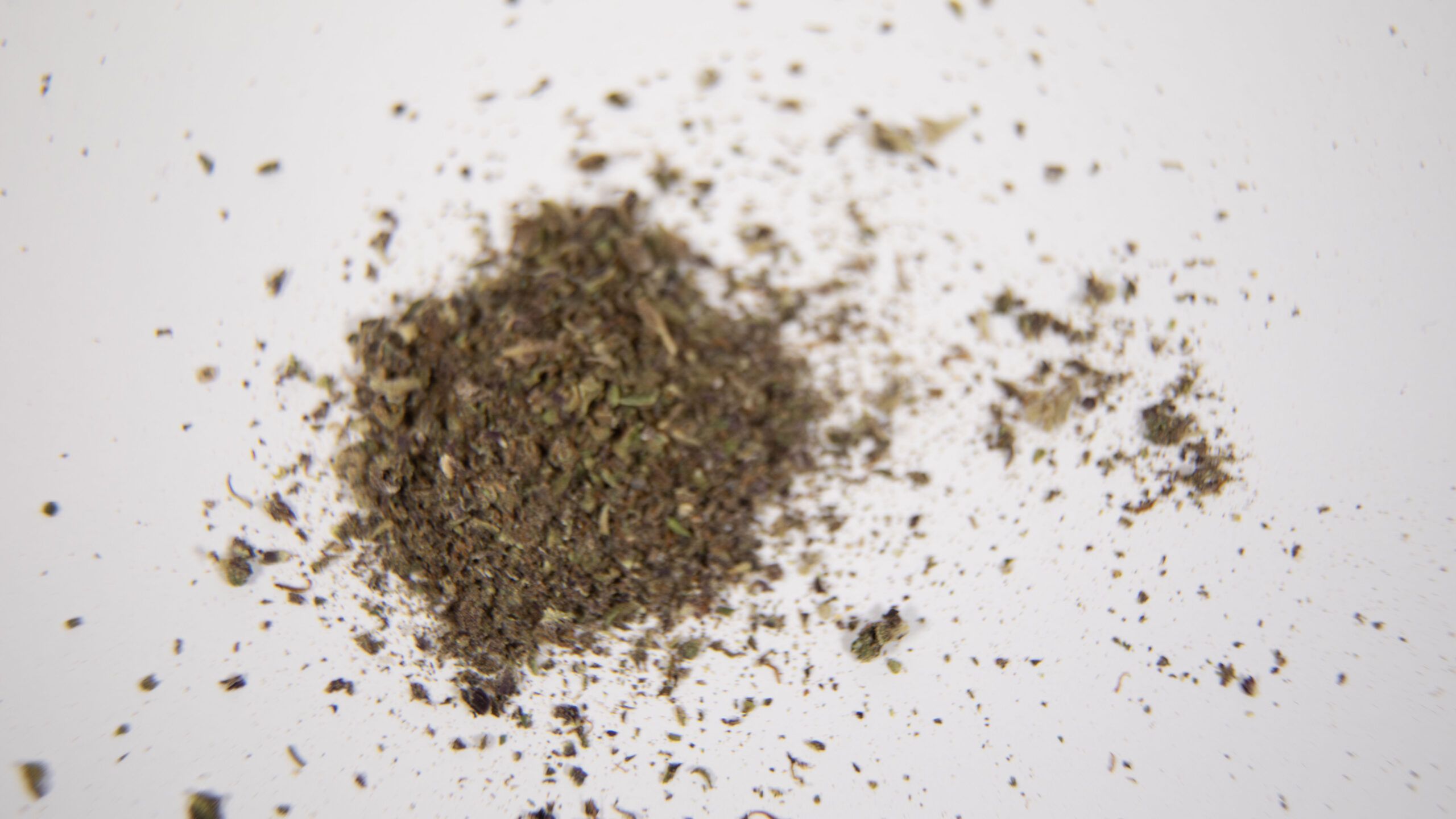-
How Nevada’s Cannabis Distributors Are Fighting the Illegal Black Market
Nevada’s legal cannabis industry continues to evolve in the face of a persistent black market, which remains a significant competitor.…

Nevada’s legal cannabis industry continues to evolve in the face of a persistent black market, which remains a significant competitor.…
